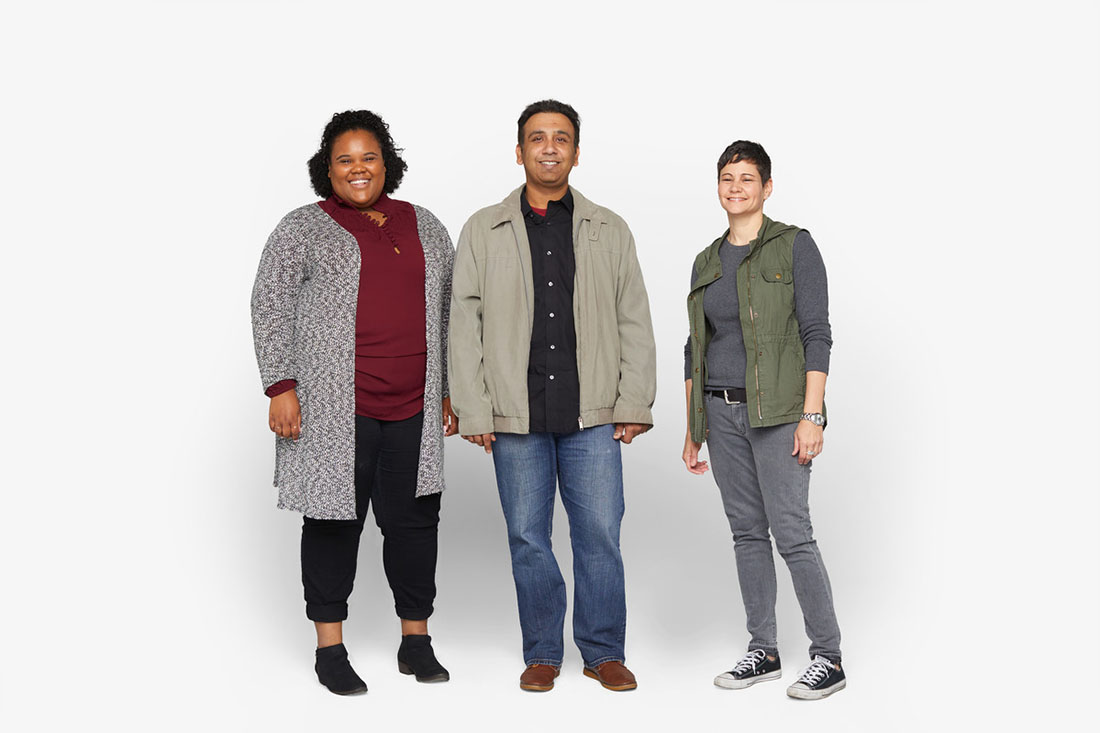
26 Jul Mistrust and lack of genetic diversity slow gains in precision medicine
By Pien Huang, NPR
Precision medicine is the field of dreams for human health. Drugs and treatments that would take into account a person’s individual DNA configurations, as well as lifestyle and environment, would presumably be better tailored to each person’s needs. Still, while the goal of precision medicine is to help everybody, the current research available has a major flaw. It’s largely based on the genes of people who are predominantly of white and European descent.
That’s an issue with implications both ethically and scientifically, says anthropologist and bioethicist Sandra Soo-Jin Lee. She heads up Columbia University Medical Center’s new Division of Ethics and is leading a $2.8 million study, funded by the National Human Genome Research Institute, that will look at precision medicine research at academic medical centers around the U.S. and help researchers figure out ways to expand the diversity of the genetics data gathered.
I think we’ll find that the way people are treated in the health care system spills over to their attitudes about research. – Sandra Soo-Jin Lee, bioethicist, Columbia University
Lee recently wrote about ethics in personalized medicine research for Science magazine, and we spoke with her about why increasing diversity is important. The interview has been edited for length and clarity.



